[Anchor]
In the era of AI, how will our jobs change? Expectations and concerns coexist.
The Bank of Korea predicts that there will be a clear divide between those who benefit and those who suffer. Looking at the professions in both groups, the polarization is more concerning.
This is a report by Park Chan.
[Report]
This is an AI program developed by a law firm.
I asked a copyright question as if using ChatGPT.
It selects recommended case law and summarizes the key points.
It is certainly convenient, but it cannot replace the work of lawyers.
[Choi Seon-woong/Lawyer at Sejong Law Firm: "In tasks that require a comprehensive solution, it seems that it does not provide much help in terms of the essential role of a lawyer."]
The Bank of Korea's analysis suggests that this is due to the high level of human supervision required for AI results, also known as AI complementarity skills.
On the other hand, jobs with low demand for AI complementarity skills are expected to be easily replaced.
Simple accounting is a prime example.
This AI can handle financial status at the level of skilled employees, and due to the nature of numerical tasks, additional review is almost unnecessary.
[Yoon Joo-ho/Accounting AI Developer: "I think it could become an AI agent that can replace the work of about 0.5 to 1 financial or accounting staff."]
51% of jobs are highly exposed to AI and will be significantly affected, while 49% are not, which is almost a 50-50 split.
Among them, for those with high demand for complementarity skills,
It is expected that productivity and wages will increase as the performance of AI needs to be supervised.
This includes doctors, lawyers, and professors.
On the contrary, sales workers and accounting clerks, who have requires low level of complementarity skills, are likely to be replaced by AI.
Looking at the job landscape, it is predicted that the benefits of AI will be concentrated in high-income jobs.
[Oh Sam-il/Head of Employment Research Team at the Bank of Korea: "(Due to AI) there is a possibility that the wage gap between high-income and median-income jobs may actually widen."]
The Bank of Korea emphasized the urgency of developing measures to address job polarization caused by AI.
This is KBS News, Park Chan.
In the era of AI, how will our jobs change? Expectations and concerns coexist.
The Bank of Korea predicts that there will be a clear divide between those who benefit and those who suffer. Looking at the professions in both groups, the polarization is more concerning.
This is a report by Park Chan.
[Report]
This is an AI program developed by a law firm.
I asked a copyright question as if using ChatGPT.
It selects recommended case law and summarizes the key points.
It is certainly convenient, but it cannot replace the work of lawyers.
[Choi Seon-woong/Lawyer at Sejong Law Firm: "In tasks that require a comprehensive solution, it seems that it does not provide much help in terms of the essential role of a lawyer."]
The Bank of Korea's analysis suggests that this is due to the high level of human supervision required for AI results, also known as AI complementarity skills.
On the other hand, jobs with low demand for AI complementarity skills are expected to be easily replaced.
Simple accounting is a prime example.
This AI can handle financial status at the level of skilled employees, and due to the nature of numerical tasks, additional review is almost unnecessary.
[Yoon Joo-ho/Accounting AI Developer: "I think it could become an AI agent that can replace the work of about 0.5 to 1 financial or accounting staff."]
51% of jobs are highly exposed to AI and will be significantly affected, while 49% are not, which is almost a 50-50 split.
Among them, for those with high demand for complementarity skills,
It is expected that productivity and wages will increase as the performance of AI needs to be supervised.
This includes doctors, lawyers, and professors.
On the contrary, sales workers and accounting clerks, who have requires low level of complementarity skills, are likely to be replaced by AI.
Looking at the job landscape, it is predicted that the benefits of AI will be concentrated in high-income jobs.
[Oh Sam-il/Head of Employment Research Team at the Bank of Korea: "(Due to AI) there is a possibility that the wage gap between high-income and median-income jobs may actually widen."]
The Bank of Korea emphasized the urgency of developing measures to address job polarization caused by AI.
This is KBS News, Park Chan.
■ 제보하기
▷ 카카오톡 : 'KBS제보' 검색, 채널 추가
▷ 전화 : 02-781-1234, 4444
▷ 이메일 : kbs1234@kbs.co.kr
▷ 유튜브, 네이버, 카카오에서도 KBS뉴스를 구독해주세요!
- Job outlook in the AI era
-
- 입력 2025-02-11 00:49:37
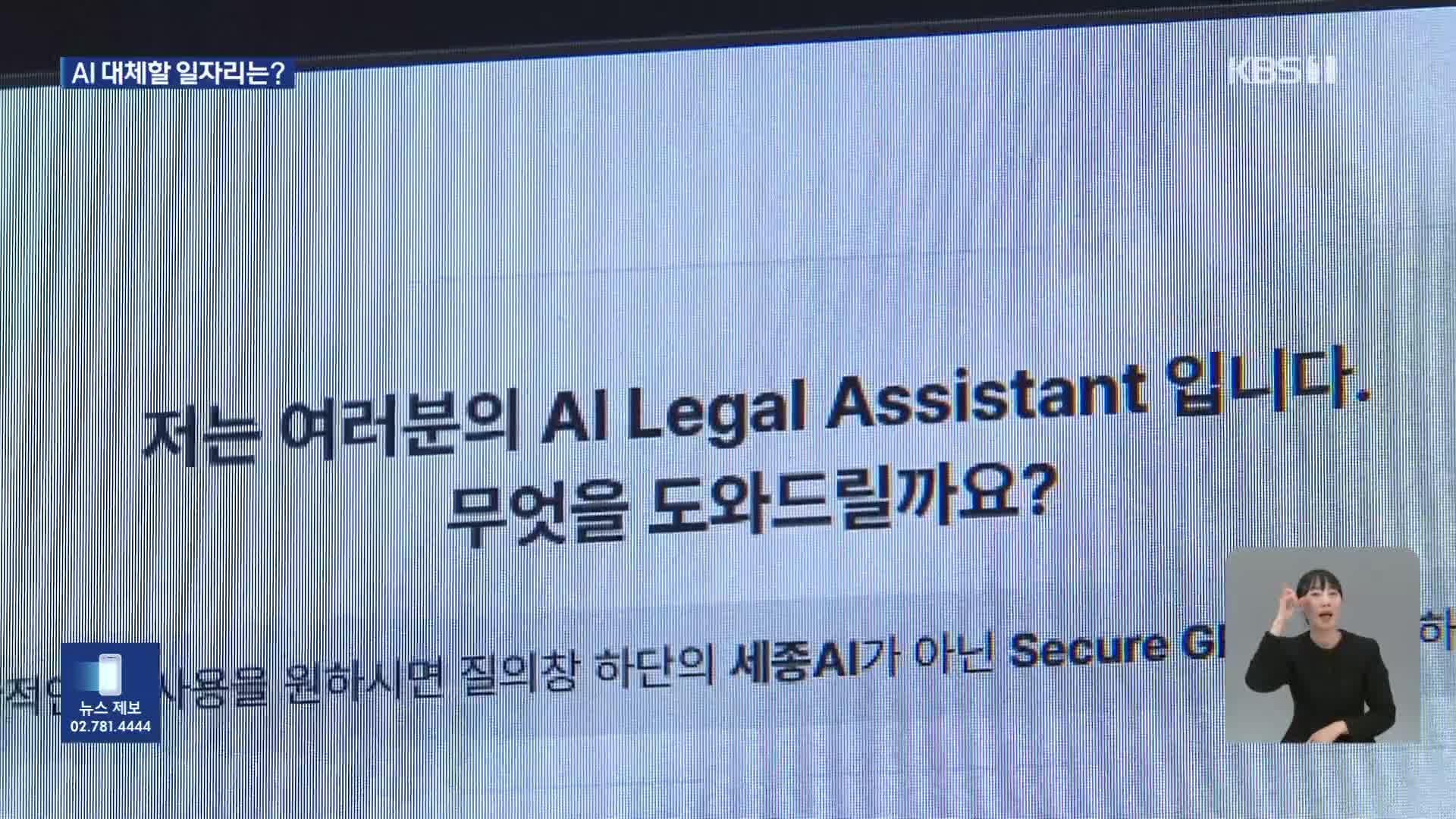
[Anchor]
In the era of AI, how will our jobs change? Expectations and concerns coexist.
The Bank of Korea predicts that there will be a clear divide between those who benefit and those who suffer. Looking at the professions in both groups, the polarization is more concerning.
This is a report by Park Chan.
[Report]
This is an AI program developed by a law firm.
I asked a copyright question as if using ChatGPT.
It selects recommended case law and summarizes the key points.
It is certainly convenient, but it cannot replace the work of lawyers.
[Choi Seon-woong/Lawyer at Sejong Law Firm: "In tasks that require a comprehensive solution, it seems that it does not provide much help in terms of the essential role of a lawyer."]
The Bank of Korea's analysis suggests that this is due to the high level of human supervision required for AI results, also known as AI complementarity skills.
On the other hand, jobs with low demand for AI complementarity skills are expected to be easily replaced.
Simple accounting is a prime example.
This AI can handle financial status at the level of skilled employees, and due to the nature of numerical tasks, additional review is almost unnecessary.
[Yoon Joo-ho/Accounting AI Developer: "I think it could become an AI agent that can replace the work of about 0.5 to 1 financial or accounting staff."]
51% of jobs are highly exposed to AI and will be significantly affected, while 49% are not, which is almost a 50-50 split.
Among them, for those with high demand for complementarity skills,
It is expected that productivity and wages will increase as the performance of AI needs to be supervised.
This includes doctors, lawyers, and professors.
On the contrary, sales workers and accounting clerks, who have requires low level of complementarity skills, are likely to be replaced by AI.
Looking at the job landscape, it is predicted that the benefits of AI will be concentrated in high-income jobs.
[Oh Sam-il/Head of Employment Research Team at the Bank of Korea: "(Due to AI) there is a possibility that the wage gap between high-income and median-income jobs may actually widen."]
The Bank of Korea emphasized the urgency of developing measures to address job polarization caused by AI.
This is KBS News, Park Chan.
In the era of AI, how will our jobs change? Expectations and concerns coexist.
The Bank of Korea predicts that there will be a clear divide between those who benefit and those who suffer. Looking at the professions in both groups, the polarization is more concerning.
This is a report by Park Chan.
[Report]
This is an AI program developed by a law firm.
I asked a copyright question as if using ChatGPT.
It selects recommended case law and summarizes the key points.
It is certainly convenient, but it cannot replace the work of lawyers.
[Choi Seon-woong/Lawyer at Sejong Law Firm: "In tasks that require a comprehensive solution, it seems that it does not provide much help in terms of the essential role of a lawyer."]
The Bank of Korea's analysis suggests that this is due to the high level of human supervision required for AI results, also known as AI complementarity skills.
On the other hand, jobs with low demand for AI complementarity skills are expected to be easily replaced.
Simple accounting is a prime example.
This AI can handle financial status at the level of skilled employees, and due to the nature of numerical tasks, additional review is almost unnecessary.
[Yoon Joo-ho/Accounting AI Developer: "I think it could become an AI agent that can replace the work of about 0.5 to 1 financial or accounting staff."]
51% of jobs are highly exposed to AI and will be significantly affected, while 49% are not, which is almost a 50-50 split.
Among them, for those with high demand for complementarity skills,
It is expected that productivity and wages will increase as the performance of AI needs to be supervised.
This includes doctors, lawyers, and professors.
On the contrary, sales workers and accounting clerks, who have requires low level of complementarity skills, are likely to be replaced by AI.
Looking at the job landscape, it is predicted that the benefits of AI will be concentrated in high-income jobs.
[Oh Sam-il/Head of Employment Research Team at the Bank of Korea: "(Due to AI) there is a possibility that the wage gap between high-income and median-income jobs may actually widen."]
The Bank of Korea emphasized the urgency of developing measures to address job polarization caused by AI.
This is KBS News, Park Chan.
이 기사가 좋으셨다면
-
좋아요
0
-
응원해요
0
-
후속 원해요
0










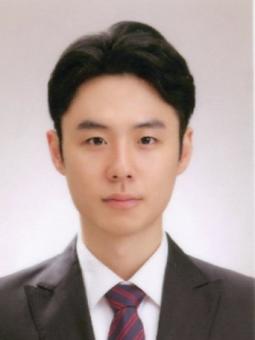
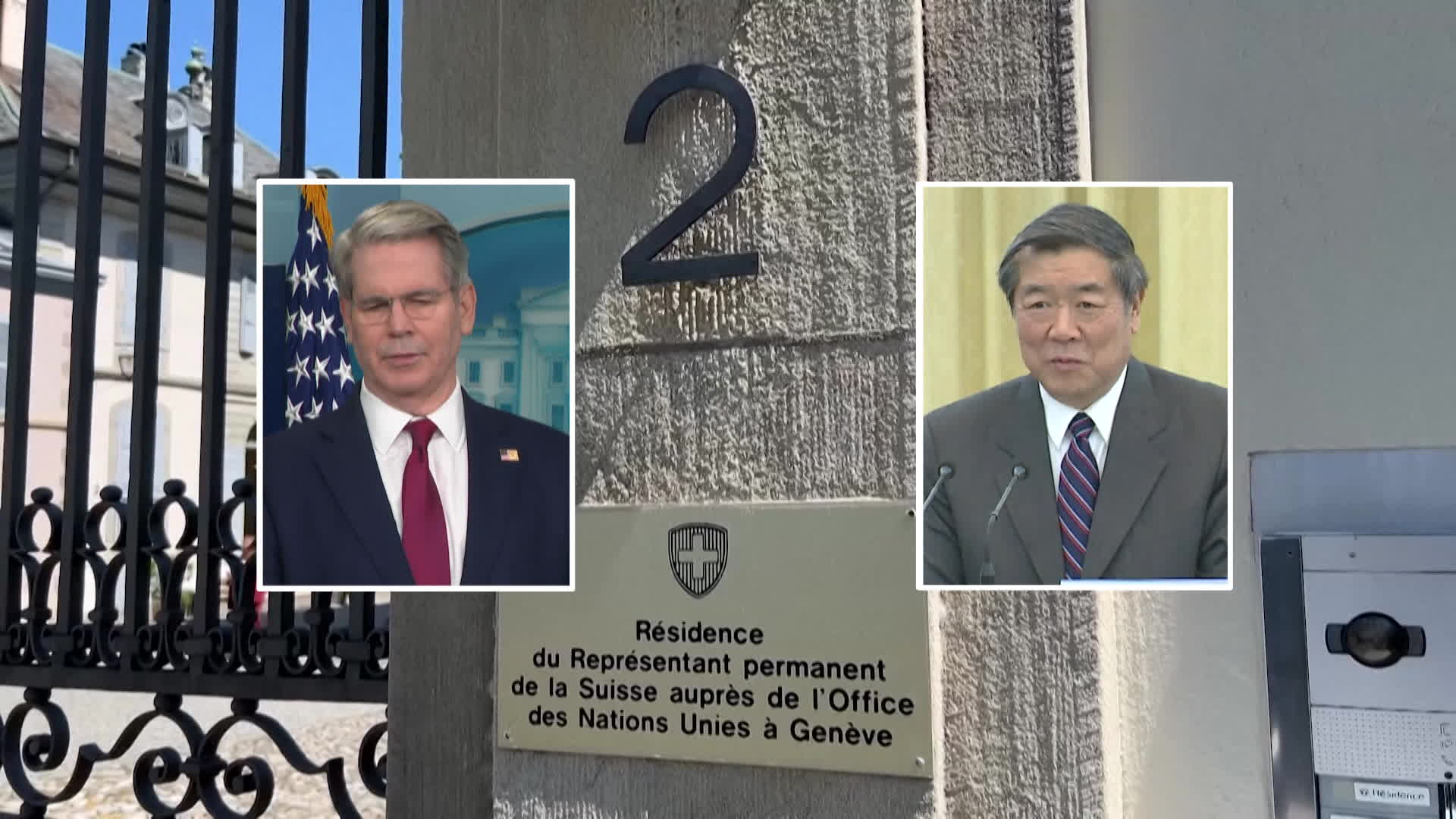
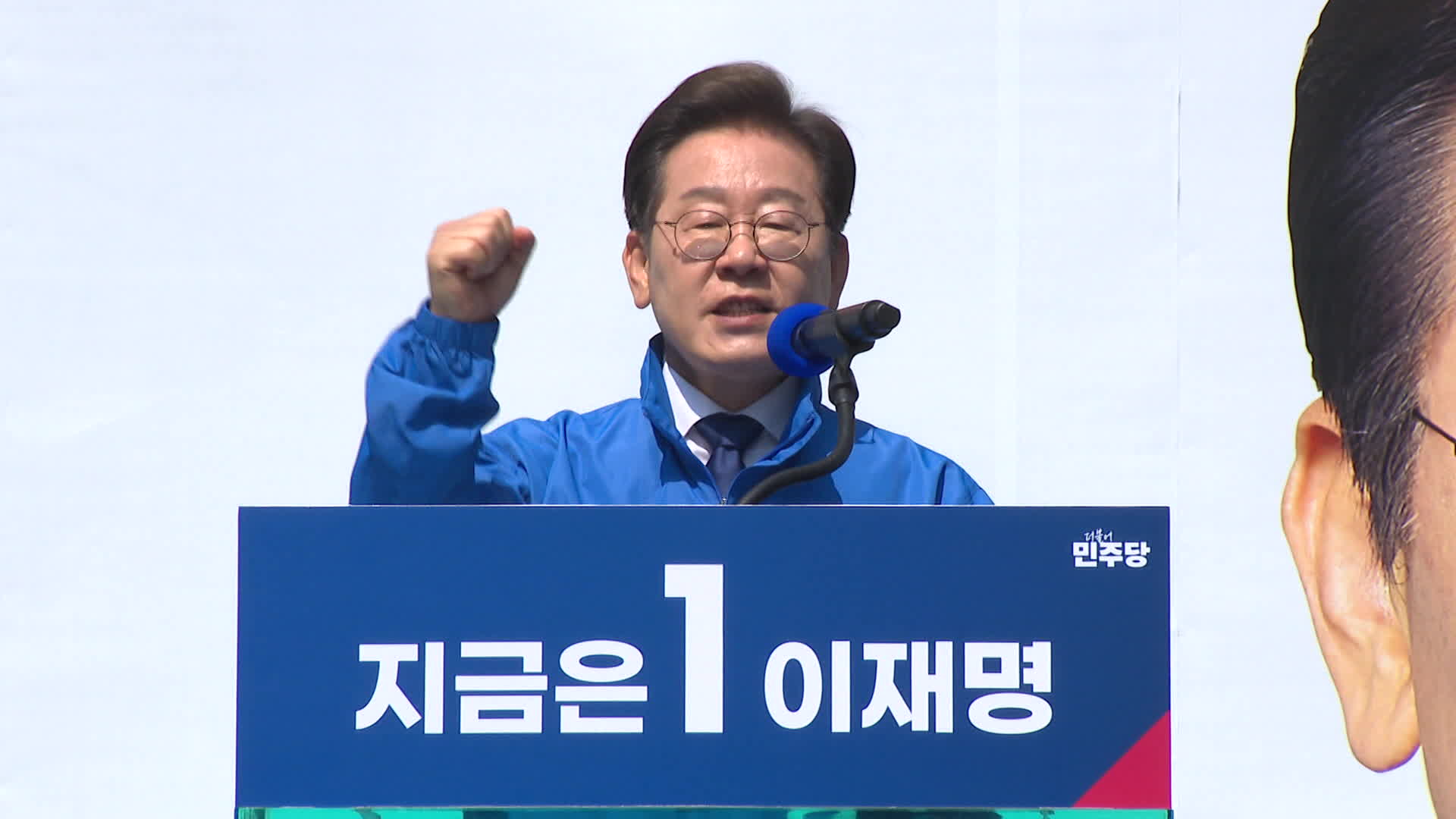
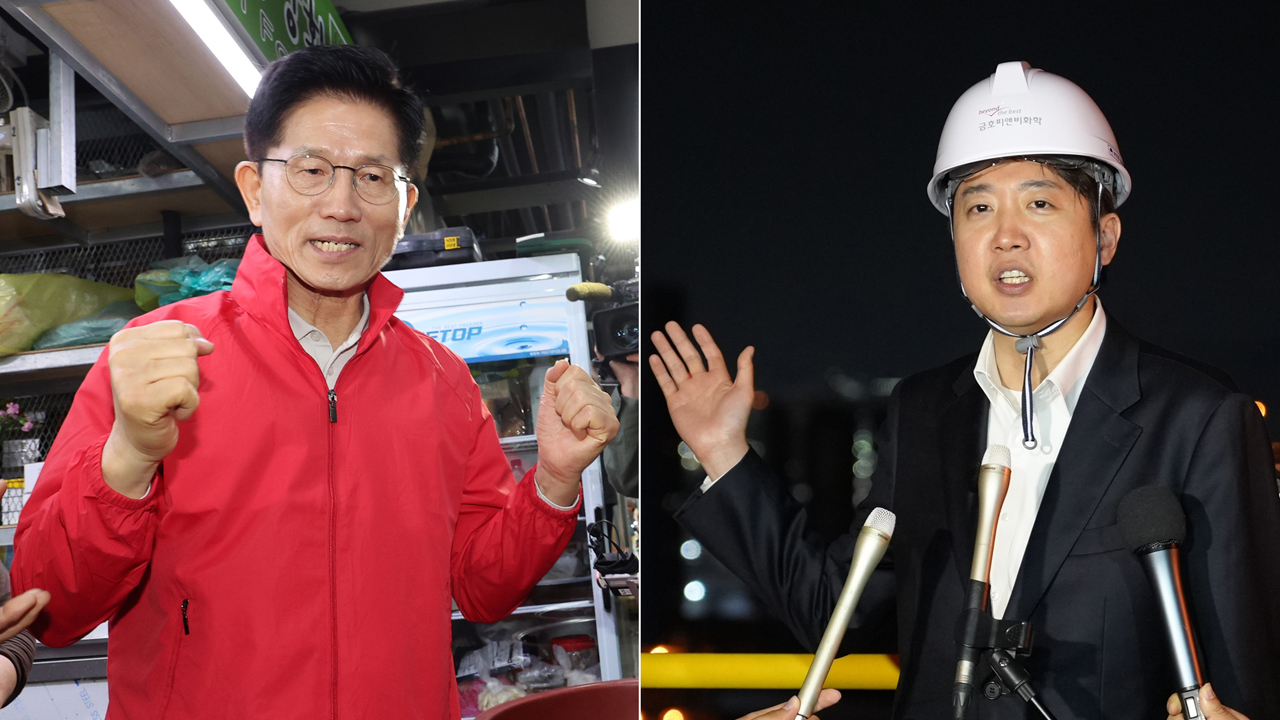
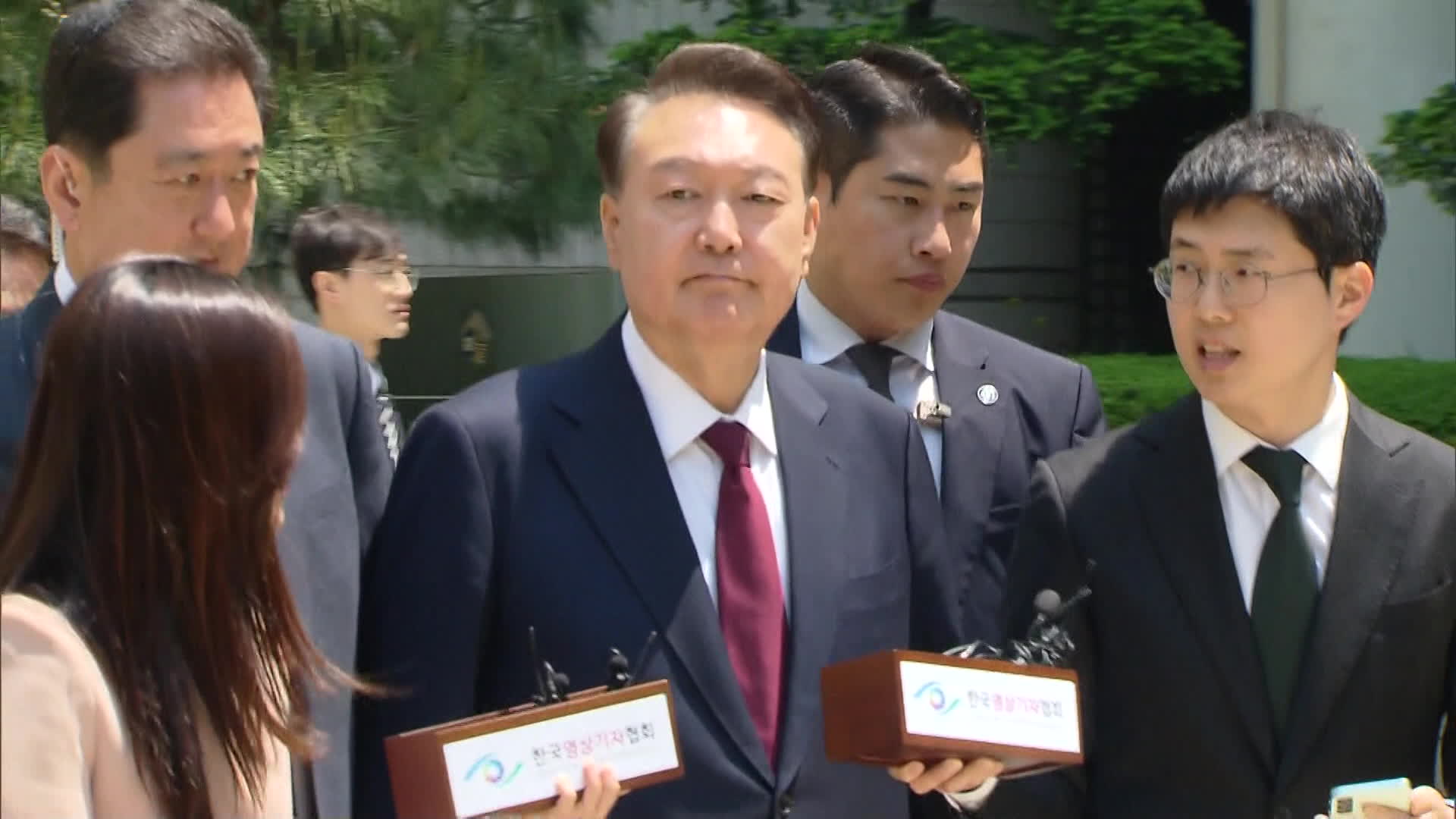

이 기사에 대한 의견을 남겨주세요.